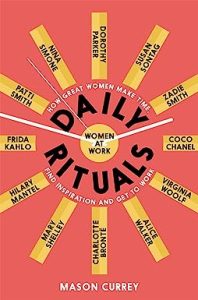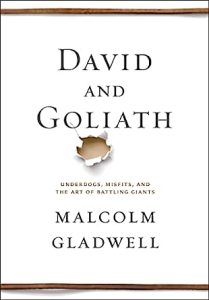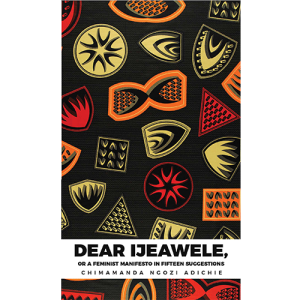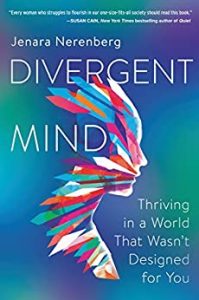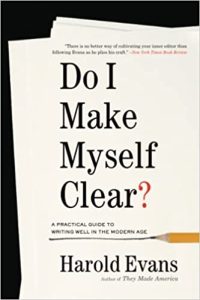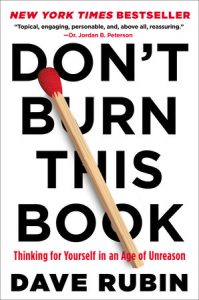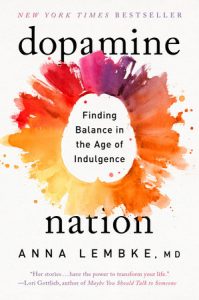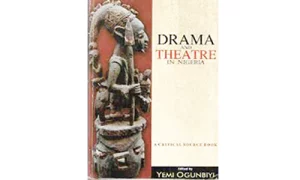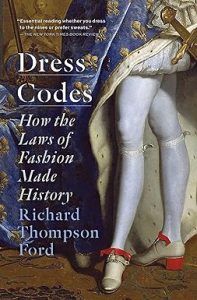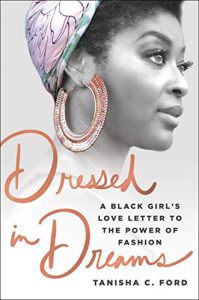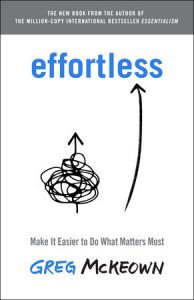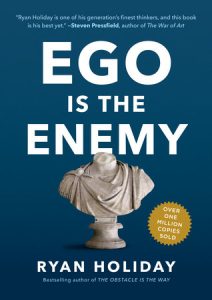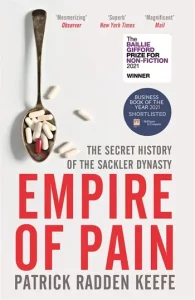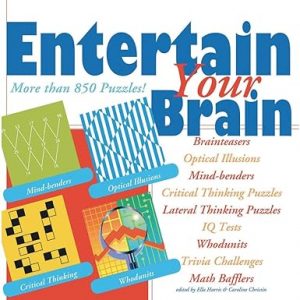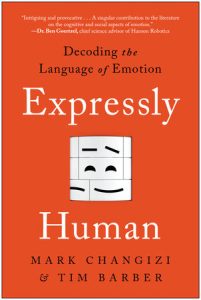Daily Rituals: Women At Work
₦8,000.00Barbara Hepworth sculpted outdoors and Janet Frame wore earmuffs as she worked to block out noise. Kate Chopin wrote with her six children ‘swarming around her’ whereas the artist Rosa Bonheur filled her bedroom with the sixty birds that inspired her work. Louisa May Alcott wrote so vigorously – skipping sleep and meals – that she had to learn to write with her left hand to give her cramped right hand a break.
From Isak Dinesen subsisting on oysters, champagne and amphetamines, to Isabel Allende’s insistence that she begins each new book on 8 January, here are the working routines of over 140 brilliant female painters, composers, sculptors, writers, filmmakers and performers.
Filled with details of the large and small choices these women made, Daily Rituals Women at Work is a source of fascination and inspiration.

